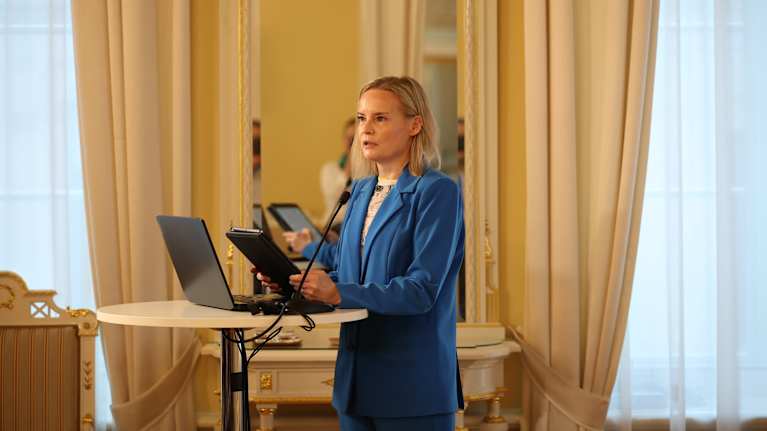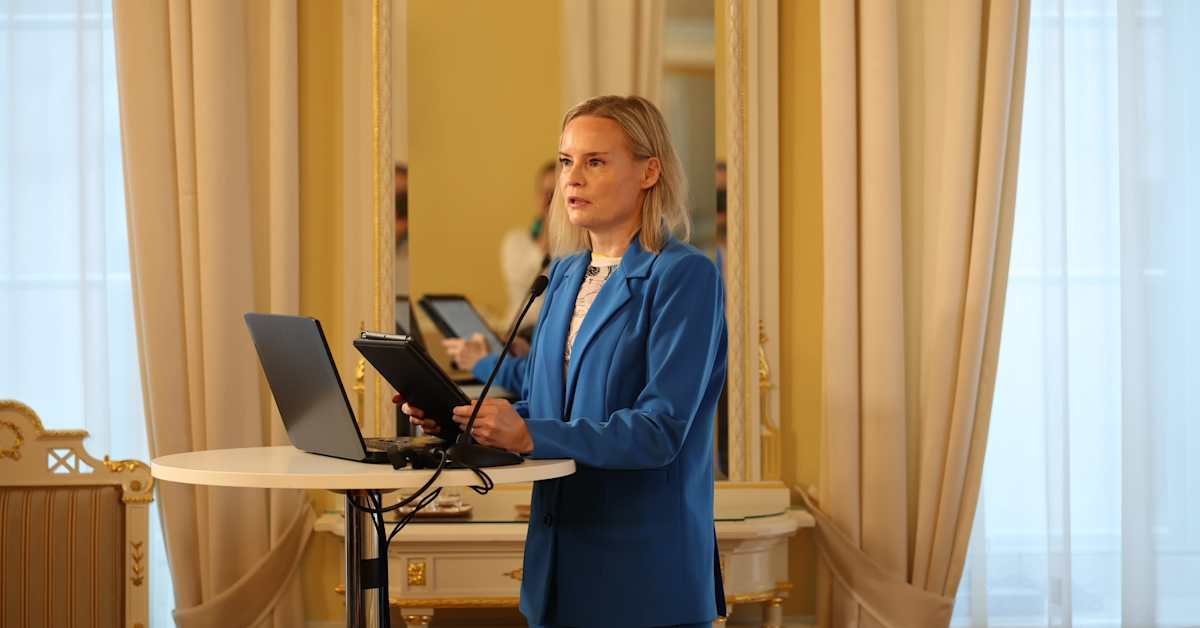The OECD is urging Finland to reduce business subsidies, which total more than 8 billion euros a year.

Despite a focus on savings measures during last month’s mid-term budget review, the Finnish government managed to cut only 12 million euros from more than 1 billion in direct business subsidies.
Finance Minister Riikka Purra (Finns) is now defending the government’s modest reductions, saying that previous governments also failed to make major cuts.
“Regardless of the government’s colour, it seems to be very difficult to touch them. It was the same for the previous government, even if the same parties, currently in opposition, are happy to make cuts,” Purra told Yle.
However, Purra says she thinks that the issue raised by the OECD of cutting business subsidies is important. She stated that subsidies should be examined in particular to see which ones increase productivity and which ones do not.
Although the government cut direct business subsidies by only 12 million euros, Purra points out that indirect business subsidies were also reduced. These typically refer to tax breaks granted to companies.
“It is worth noting that just before the mid-term budget review, we decided to abolish extra electricity subsidies for data centres and mines, which represent tens of millions of euros worth of business supports,” she says.
Over eight billion a year
More than eight billion euros in indirect and direct business subsidies are paid out in Finland every year.
According to Purra, some business subsidies are necessary, for example because of special conditions in Finland.
“There are necessary subsidies that take into account the fact that conditions in Finland are a little more demanding in terms of geography, natural environment and distances than elsewhere,” she points out.
Subsidies for agriculture, for example, are justified by the need for security of supply.
“Food production in Finland is of course seen as a security of supply issue, which it certainly is to a large extent,” notes the finance minister.




